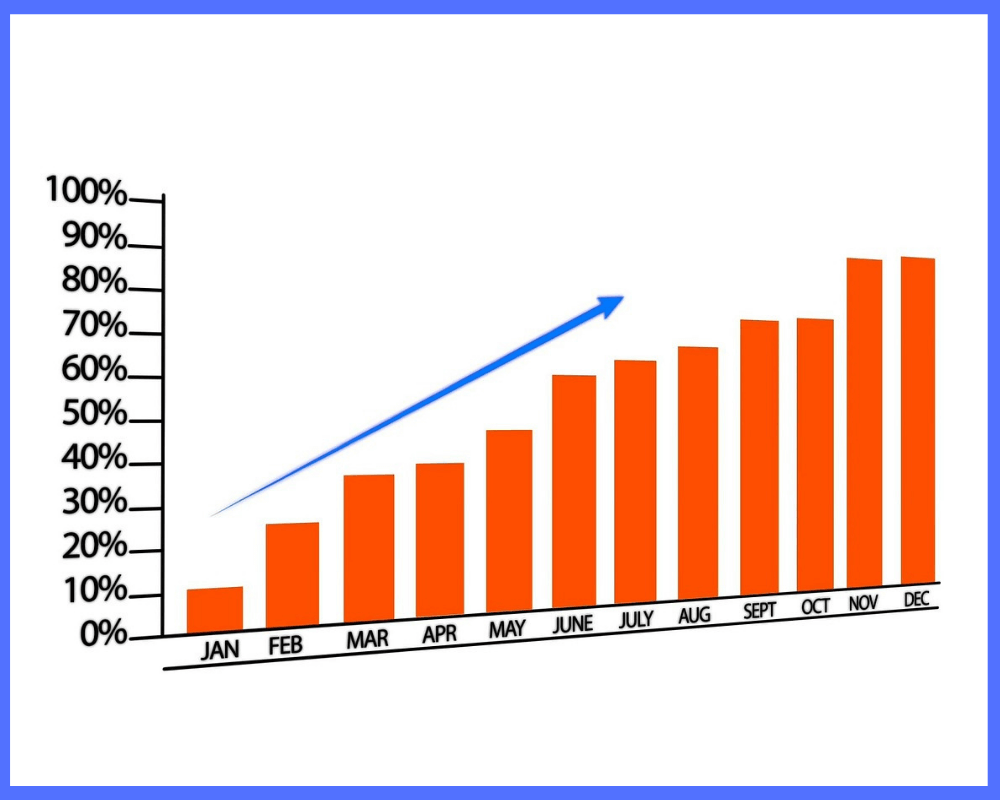Q: Can Inflation Be a Good Thing?

Can Inflation Be a Good Thing?
A friend and I were having a conversation the other day and he posed the following series of questions to me:
“When I have thought of inflation before, it is always in a negative sense, Germany, Venezuela… hyper inflation where it is destroying the economy.
But is inflation a good thing? The US has inflation, things today cost more than they did years ago. But is that inflation a result of our good economy? Can inflation be good (but too much is bad) or is our inflation just normal (not good but it is at a healthy level so it is not bad either)?
What causes inflation?
Would a perfect society have no inflation?
If a society was the best it could be, could our inflation be zero? Could a coke still cost 5 cents like it did 60 years ago?”
Now, economists spend their whole lives studying these type of topics, so to try and summarize this in an article post is a challenging endeavor.
However, I am up for the task! See my (high level) take on inflation below.
What is Inflation and Its Determining Factors
The easy definition of inflation is the price of goods and services going up. You ask, what causes inflation?
A myriad of factors: a company increasing the price on its goods or services, Billy Joe figuring he deserves a raise and negotiating a 10% increase, input costs for salmon going up so Fancy Feast raises the prices on its canned food due to higher costs to them. etc. The list is basically endless.

The biggest driver of inflation is the Fed: by changing interest rates it manipulates the money supply. The higher the interest rate, the lower the supply of money available due to less borrowings (people do not borrow as much if they pay more in interest). The lower the interest rate, the more money is available due to higher borrowings (people borrow more at lower interest rates).
Theoretically the Fed is hoping to spur investment and spending in economic slumps, so it will take the interest rate to very low levels like it did a few years ago. What happens is that more people borrow, more people spend, and as a result, the cost of goods go up because more people want and can afford to buy those goods and services. The inverse happens too- when the Fed raises interest rates, it is hoping to have more control over inflation by restricting the supply of money in the system. Less people borrowing = less people spending, therefore demand for goods goes down. This is economics 101 in a paragraph form.
The Fed usually has a certain target inflation rate (say 1-2%) for goods and services. The Fed really wants to create an inflationary environment each year as such inflation is deemed good for the economy. Inflation naturally helps increase GDP numbers, a company’s bottom line through price increases on goods and services, both of which signify growth. Sure, most people don’t like when their prices for goods go up. But they also are beneficiaries in the form of wage increases to keep up with cost of living increases. To the fed, this is a an acceptable scenario- price of goods goes up, people make more, human nature is satisfied, right? So what is the alternative that the fed is looking to avoid – deflation.
Can Deflation Be the Better Scenario?
To the consumer, I would argue that deflation can be a better scenario in some cases. Who isn’t happy when they can buy a steak for half the price of what it cost 1 year ago? This is a micro-deflationary trend which I particularly like. 
The same holds true for the price of computers, houses, home goods, etc. I would even go as far as to say that since most people are not great at asking for raises or work at companies that won’t provide raises (or very small ones), that deflation does help out more as consumers can buy more for less.
However, as we have seen in current markets, there are two sides to the same coin. Too much inflation and goods become exorbitantly expensive, to the point where people cannot pay for those services any more (i.e. the current situation in Venezuela). Or in a deflationary environment GDP is negative, people are seeing less money for new jobs, and companies are going under because they must charge less for goods and services produced at the cost of yesterday’s prices (i.e. current situation in Japan). Even in the wage scenario explanation above paragraph, sure the employee might benefit from the decreased cost of goods and services in a deflationary environment but what happens if the company can’t afford their employees salaries b/c it can’t charge as much for services, the company goes under, and now the employee accepts a lower paying job at a different company? That is certainly not a good situation.
Now, economists spend their whole lives studying these trends and they aren’t even sure if they have it right yet. So take what I write as Matt Ramey‘s limited economic theory from years of studying the markets.
Final Thoughts
Long story, I don’t think there is a simple answer. I personally don’t think inflation is a good long-term trend as to get there it means more debt and spending. Which is overall not good for people or economies. Eventually you hit a point of runaway inflation where the fed is no longer able to control inflation with interest rates. Eventually the economic system goes bust with hyperinflation. Being the Libertarian that I am, I would much rather have the market dictate supply and demand based on the yield curve and let things shake out how it should. The worst part of inflation is that your hard earned dollars gradually become worth less. Each and everyone of us now works for digital numbers which in the end, are relatively meaningless in the grand scheme of things. We are ‘trading paper’ so to speak.
Hope this helps fellas! I could (and maybe should) write a book on this as there is a ton to cover!
_______________________________
Disclaimer: (1) All the information above is not a recommendation for or against any investment vehicle or money management strategy. It should not be construed as advice and each individual that invests needs to take up any decision with the utmost care and diligence. Please seek the advice of a competent business professional before making any financial decision.
(2) This website may contain affiliate links. My goal is to continue to provide you free content and to do so, I may market affiliates from time-to-time. I would appreciate you supporting the sponsors of MoneyByRamey.com as they keep me in business!
]]>

